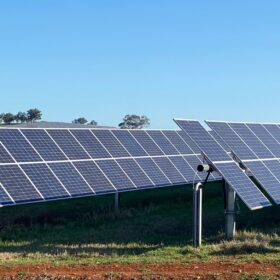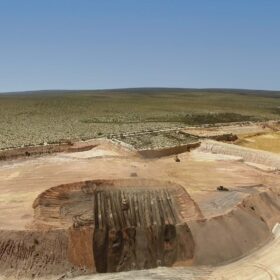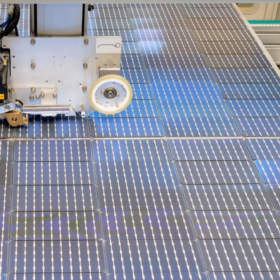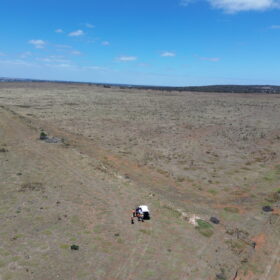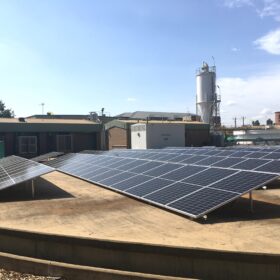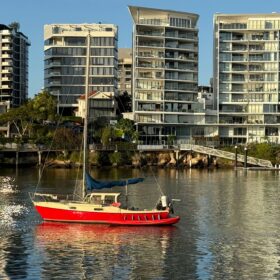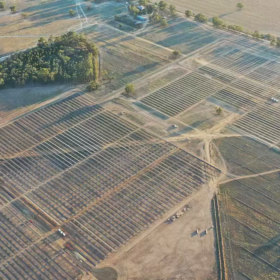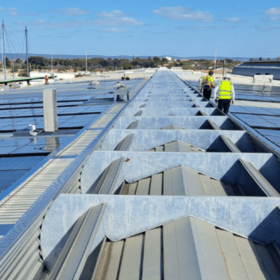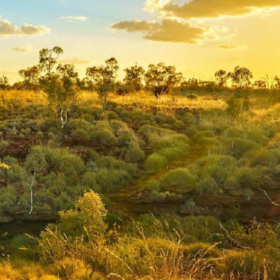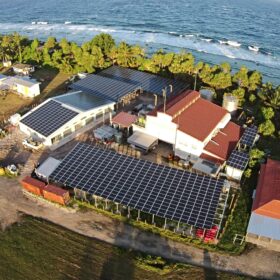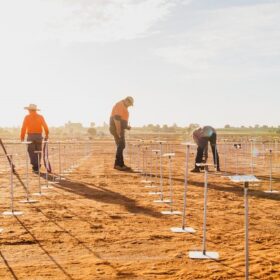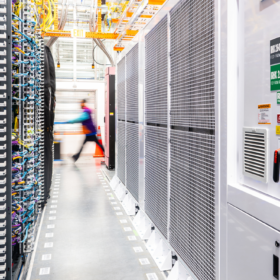Low cost renewables still unbeatable after seven consecutive years: GenCost report
For the seventh year in a row, a CSIRO report has found renewables have the lowest cost range of any new-build electricity generation technology, with solar and wind coupled with firming technologies like batteries remaining the standouts.
$475 million rare earths refinery grant a critical win for renewable technologies
The Australian government has provided up to $475 million in additional finance to Perth-headquartered Iluka Resources to meet revised capital costs of building its $1.7 billion Eneabba Rare Earths Refinery project in Western Australia.
Indian solar manufacturer giant makes moves to enter Australian market
Indian module manufacturer giant Waaree Energies has incorporated a wholly owned subsidiary in Australia called Waaree Renewable Energies Australia Pty Limited, but it yet to disclose specifics.
New 5 MW solar and BESS project in South Australia is first of four to get green light
Victoria-headquartered clean electricity retailer Flow Power has secured development approval for one of four identical solar and battery projects planned for South Australia, that will each include a 5 MW solar array and 15 MWh battery energy storage system.
Bison Energy to increase solar generation at Victorian water treatment plants
Tokyo-headquartered renewable energy company Bison Energy Australia has won an engineering, procurement and construction tender for two solar farm projects through a Victorian government tender for utility Goulburn Valley Water.
$25 million clean energy fund accelerates transition for multi-tenanted buildings
Deployment of solar panels, battery systems, heat pumps and electric vehicle chargers is driving a $25 million commitment by the Clean Energy Finance Corporation to ensure multi-tenant buildings aren’t left behind in the clean energy transition.
HMC Capital aquires all Neoen’s Victorian assets for $950 million
France-headquartered renewables developer Neoen has sold its Victorian assets in operation or under development for $950 million to Sydney-based asset manager HMC Capital, which includes the 128 MW Numerkah solar farm and 300 MW Victorian Big Battery.
Perth fresh food market starts install of Western Australia’s largest solar array
Western Australia-based Perth Markets Group Limited (PMGL) has started the state’s largest 5 MW rooftop solar installation using 10,000 solar panels over 25,000 square metres, to supply a third of its electricity use.
Local shire gives DA approval for 150 MW First Nations-owned Pilbara solar farm
Western Australia-headquartered renewable energy developer Yindjibarndi Energy Corporation has received development application approval for the proposed 150 MW Jinbi solar farm in the Pilbara region.
500 kW solar and 2 MWh BESS projects boost Pacific nation’s clean energy goals
The pacific island nation of Tuvalu is on track to achieving its goal of 100% renewables by 2030, with the recent commissioning of a 500 kW rooftop solar project and 2 MWh battery energy storage system in it’s capital Funafuti.

